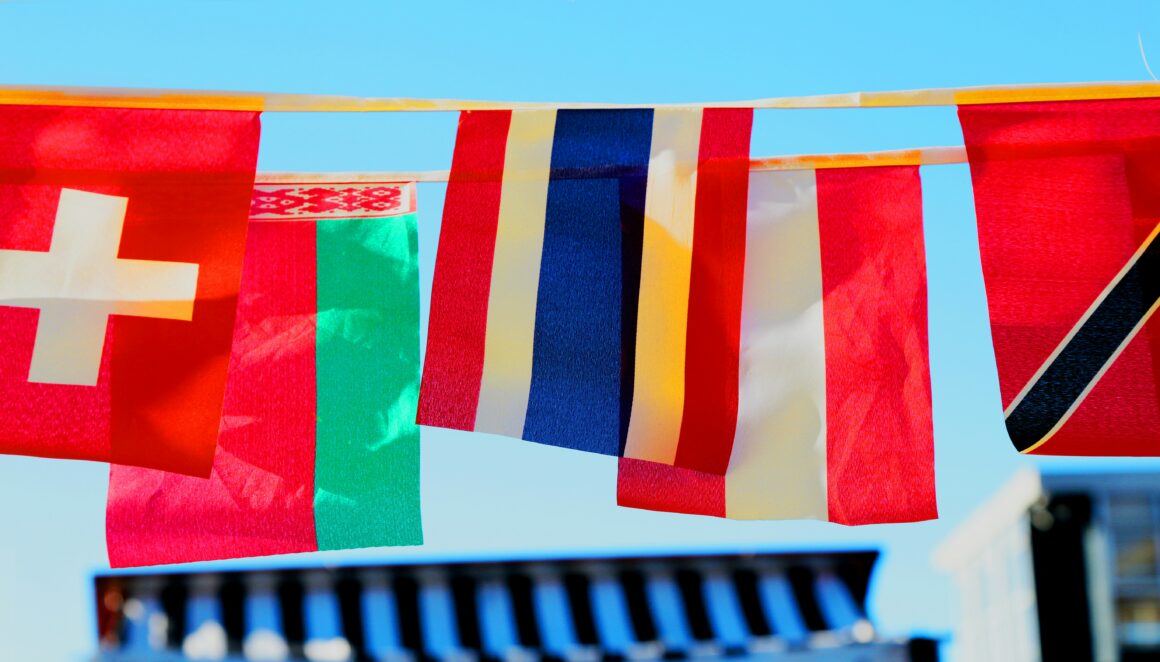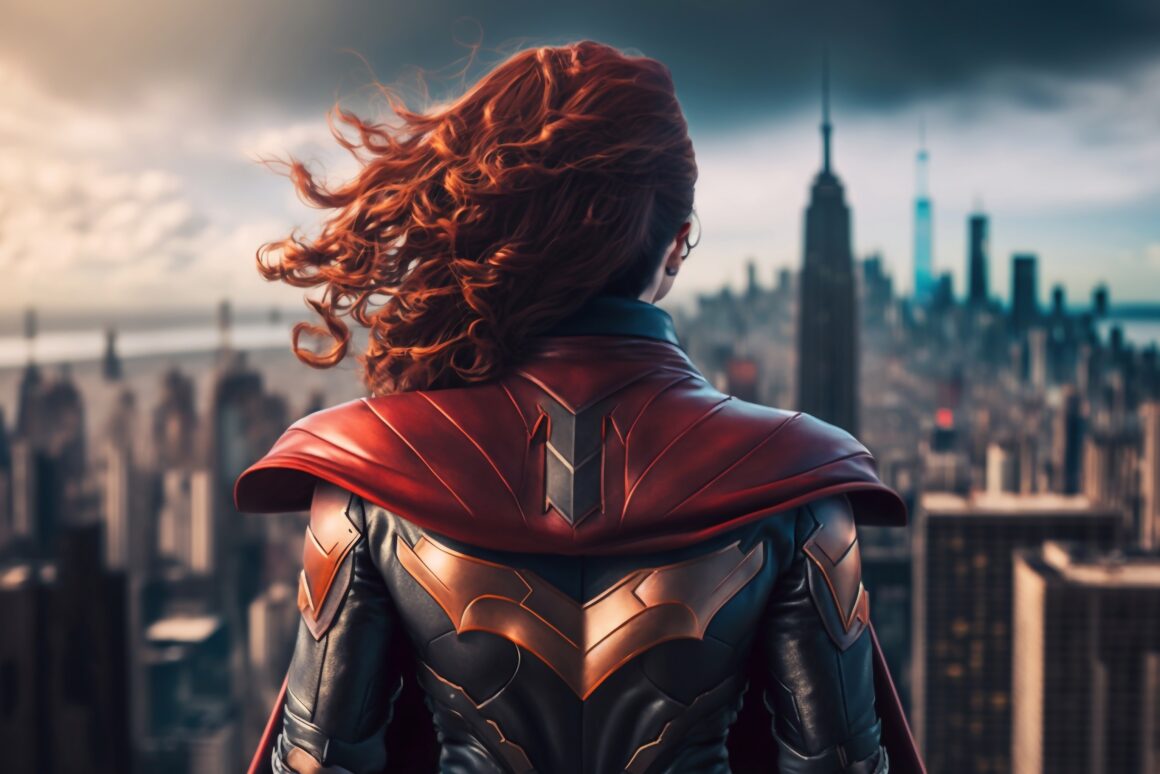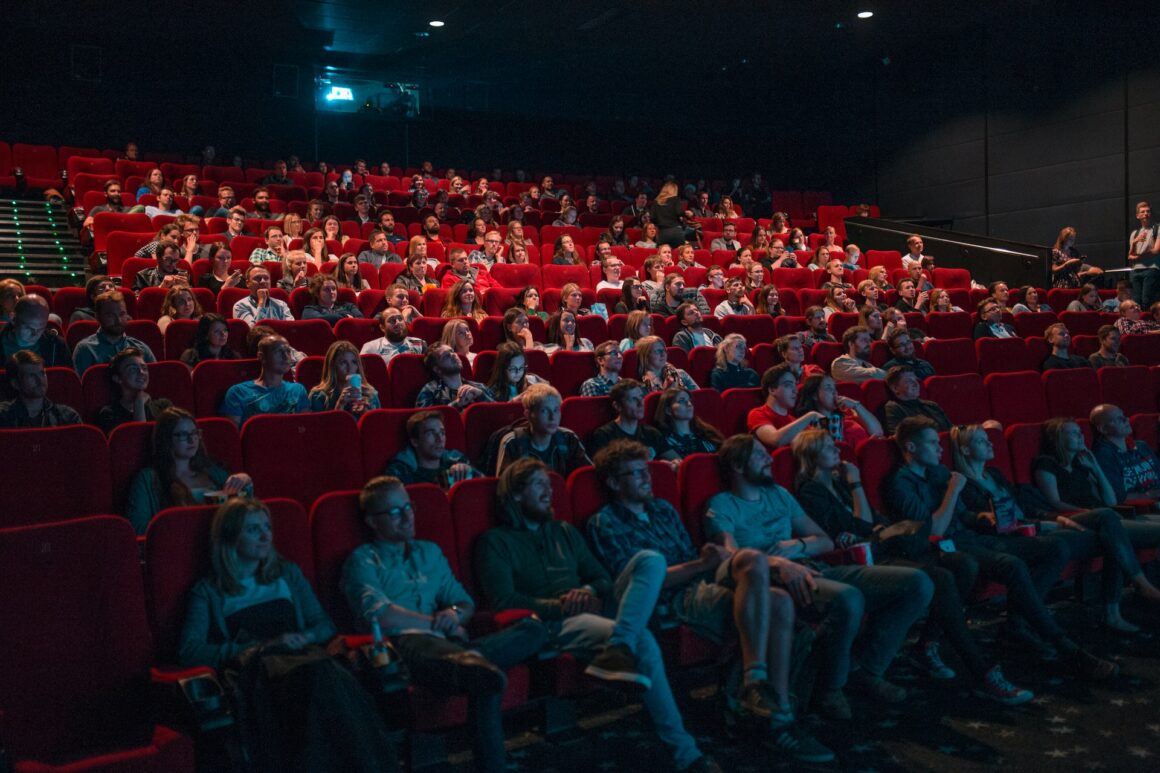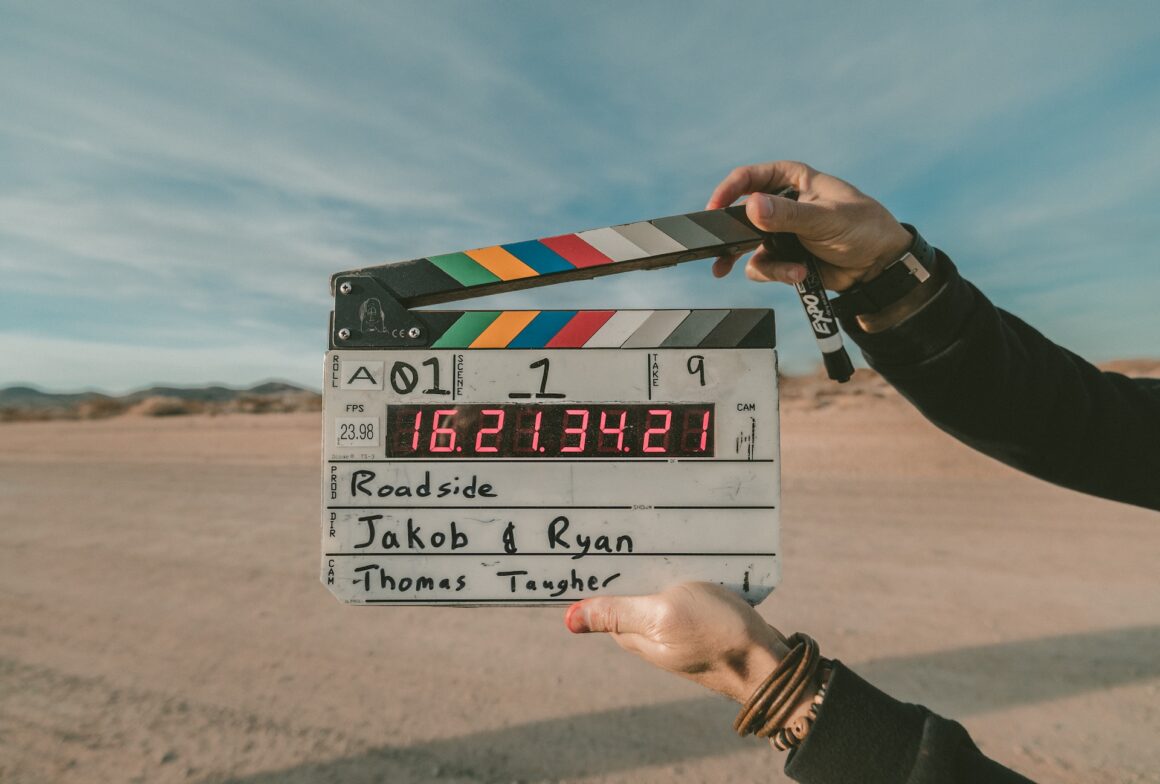During the eras of both slavery and Jim Crow, Minstrel shows reigned prominent as sources of entertainment in American society. Minstrel shows were theater performances that began as early as 1830. They were often white working class men dressing up as African-American slaves who clothed themselves in ridiculous, exaggerated attire, mimicked the aesthetic of African-American culture, while also displaying a sense of curiosity and fascination for the black community. White performers would put on blackface, then sing and dance for a predominantly white audience, all while demeaning African-Americans in every possible aspect. Prior to the civil war, African-Americans were prohibited from performing or even watching their culture being languished and mocked by white America. It was not until the 1920s where African-American were emerging as some of the most famous minstrels in the country. They themselves were beginning to embark into minstrel shows, painting over their black faces with black tar, while “shucking,” and “jiving,” for the white man’s joy and pleasure. But as the black demographic began to attain a more vocal political voice in the mid-twentieth century, Minstrel shows were slowly depleting, until they were cast away completely.
While the blackface, the exaggerated attire, the music, the dances, the savagery and many other epidemics may have been retired alongside with Minstrel shows, these discriminatory attributes have merely disguised themselves in a new form of entertainment: Reality Television.
I just want to note that I am here to discuss black-themed reality television shows. So shows such as “Survivor,” “Jersey Shore,” “The Bachelor,” and many other shows that are not primarily black-themed, will have no place in my article.
Now before you suck your teeth at yet another Reality Television article that “attacks,” the lifestyles of Reality TV stars, this is not that type of article. As a matter of fact, I respect multiple individuals in the reality television entertainment industry.
“…the stigma and the representation surrounding black people in reality TV shows is a self-destructive image that we have to refute, rather than embrace.”
For example, my admiration and respect for Cardi B is second to none and I don’t know how anyone could not hold her to the same regard. Cardi B is the epitome of somebody turning lemons into lemonade. An individual who can turn a life that was on the brink of homelessness, into a life where she is now social media icon and a multi-millionaire at that, is a life that I’m always going to respect 9/10.
This is the case with multiple reality TV stars who have went from rags-to-riches. We have seen how women of color were able to capitalize on the infatuation and voyeurism that White America displays for them (specifically black women). We also see how black men who depict a sense of “Gangsta culture,” with the stereotypical jeans that sag below the waist, flashy jewelry, and tattoos inked all over their black skin receive major love from the networks. And now, we are also seeing black individuals from the LGBT community being promulgated in these reality TV shows because of the industry’s fetish with their impeccable taste of style, their vibrant personalities, and their witty “sassiness.”
So things that were once stigmas placed upon us by white america, are now stigmas that we have learned to embrace and assimilate into our culture. So for example, in Michelle Alexander’s novel “The New Jim Crow,”she notes how a slogan like “gay pride,” that was once a stigma predicated on black members of the LGBT community has now turned into a political movement aimed at ending legal discrimination against members of the gay community. Another separate example, is how the n-word which was a stigma used to dehumanize and degrade the African-American people, has now been transformed into a word with an infinite amount of meaning among people in the black community. These two examples along with many other stigmas that have attempted to plague the African-American community have been sublimated and embraced in a fashion where it uplifts the evolution of an ever-growing community.
Unfortunately, the stigma and the representation surrounding black people in reality TV shows is a self-destructive image that we have to refute, rather than embrace.
Black women are portrayed in a manner where they can’t even occupy the same vicinity as somebody who shares a different opinion from them. Black men are portrayed as individuals who don’t know the first thing about committing to women. And members of the LGBT members are represented as sidekicks who only instigate drama and serve as that “sassy,” best friend.
Reality TV aims to exploit African-Americans as out-of-control, oversexed, and violent individuals. The profits that these networks make from the racial stigma indicted on POC isn’t much of a shock. Alluding back to Minstrel shows from early as the nineteenth century, racial oppression has been used as a form of profitable consumption in America. Reality TV shows are no different. And similar to how African-Americans (after the civil war) filled up a large part of the minstrel audiences despite the images and content being so blatantly racist, our community today watches our women being propped up as senseless, vulnerable sex objects, our men as violent beings, and our members of the LGBT as emotionally unstable.
In a world where we see how networks such as MTV, VH1, and Oxygen view people in the black community, it’s refreshing to see shows such as Blackish, Insecure, and Empire embrace the true aesthetics of black culture, while still incorporating the drama and suspense that reality television aims to portray without the far fetched exaggerations. And although it is called “reality,” television, it’s content is far from it.
So this is the reality.
The “reality,” is that this is not who we are. Our women are full of grace and beauty and inhabit a sense of intelligence that no other demographic could ever emulate. Our men are leaders and warriors that are capable of being in monogamous relationships. While, our LGBT members are the bravest individuals in American society who fight the grueling stigmas of being both black and gay in America. This is what needs to be represented in the entertainment industry today.
So I just want everyone to examine their position on reality television. For those who love it and for those who hate it, ask yourself this: If all you had to know about black people was on reality television… how would that mold your perception of us?




